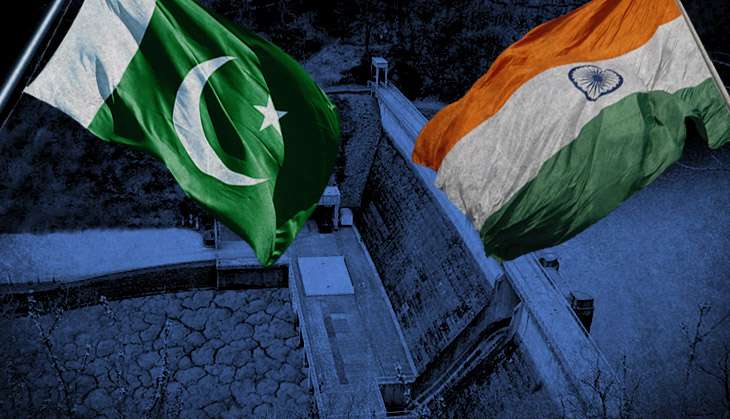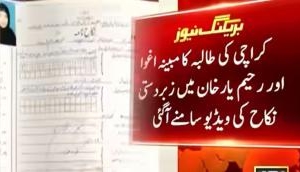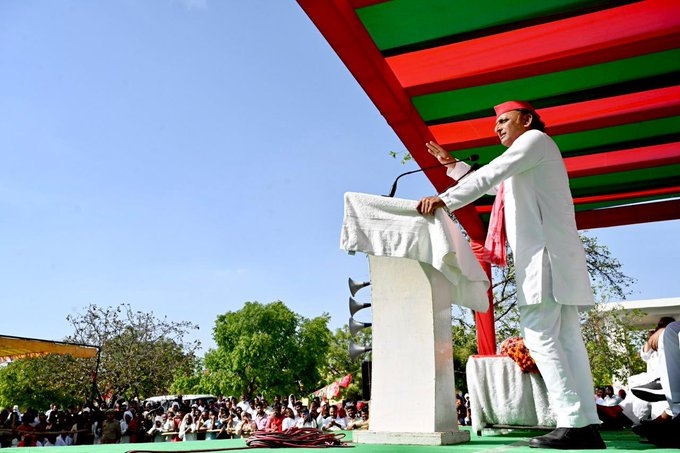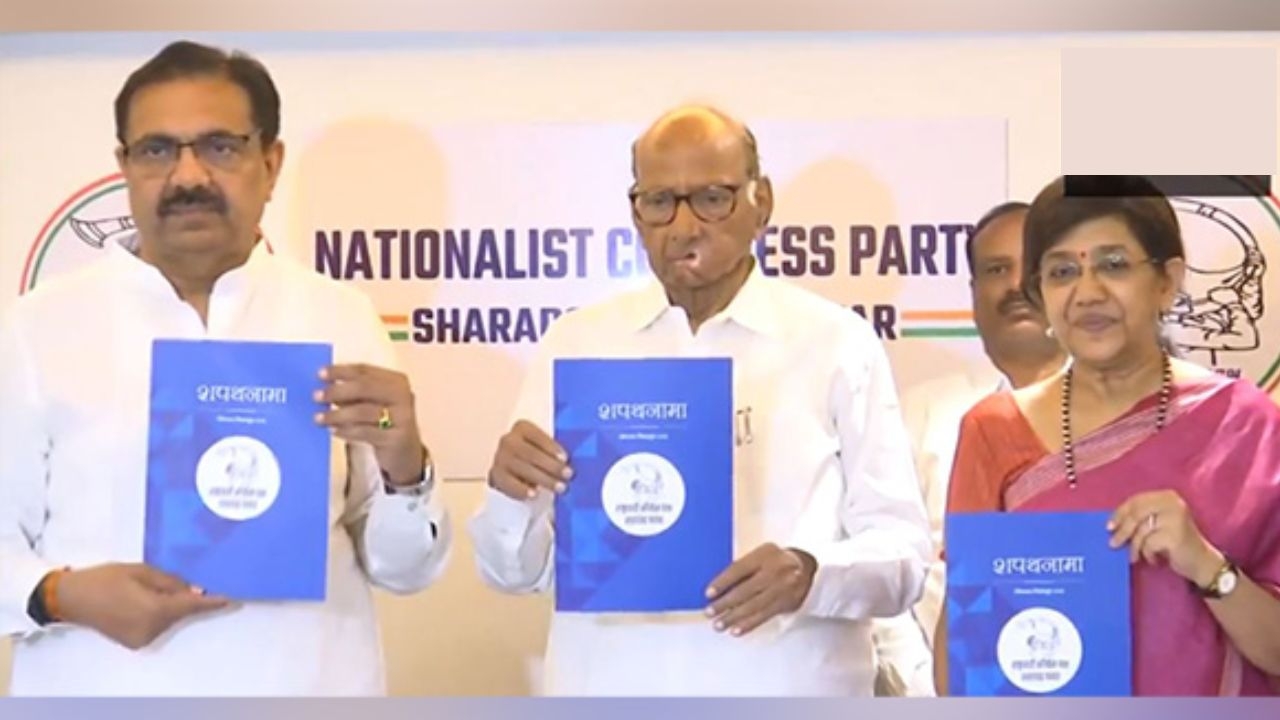India aims a big weapon at Pak: could pull its man from Indus Water Commission

The waters of the river Indus may just prove to the most potent weapon for India in the aftermath of the Uri attack on Indian Army personnel by Pakistan-sponsored terrorists.
As India evaluates its response, a section of the strategic affairs community close to the government believes that revisiting the 1960 Indus Water Treaty could send a strong message to the neighbouring country.
As a retaliatory move, India could follow a the path of measured distancing from the Indus Water Treaty, and threaten Pakistan that it would withdraw from the treaty unless Pakistan acts against terror groups.
In response to a question about whether the government was thinking of revisiting the Indus Water Treaty, Ministry of External Affairs spokesperon Vikas Swarup said, in what seemed like a veiled warning to the neighbouring country: "For any such treaty to work, it is important there must be mutual trust and cooperation. It can't be a one-sided affair."
Senior BJP leader and former External Affairs Minister Yashwant Sinha, too, in a recent article, advised India to scrap the treaty with immediate effect.
While a conventional military strike may lead to unwanted escalation, the strategic community has been advocating a hybrid response, which, among other moves, could include pruning the strength of Pakistan's diplomatic mission in New Delhi and distancing from recognition of the Durand Line (the Afghanistan-Pakistan border).
There are also indications that India may also significantly downgrade its participation at SAARC-related events. For example, during a recent ministerial-level event, a bureaucrat from the Finance Ministry was sent to Pakistan instead of Arun Jaitley.
How India can choke Pak
Abrogating the treaty at one go does not appear to be an easy option. The fact is that stopping the flow of a river is not an easy task that a country can perform overnight. It requires the construction of multiple dams and canals over a period of time, but India may follow a policy of measured distancing from it, according to strategic experts advise.
This would entail withdrawal of the Indian commissioner from the Indus Water Commission, rendering it non-functional, and suspend the participation in dispute settlement mechanism under Article IX, while indicating the readiness to continue to provide data and abide by other obligations for the time being.
Talks of the Indus Water Commission between both countries have not been suspended even once since the treaty was signed.
Building Kashmiris' confidence
Former J&K Chief Minister Omar Abdullah, while noting that India withdrawing from the treaty looked impossible, wrote on Twitter: "It was an abomination & should never have gone through. J&K has suffered long on its account but this government isn't going to scrap it."
He also pointed out how the treaty has survived four wars and a unanimous resolution by the Jammu and Kashmir Assembly.
Under the treaty, Pakistan has exclusive rights over Indus, Jhelum and Chenab, the three rivers which pass through Kashmir. In 2002, the Assembly had passed a unanimous resolution asking to scrap the treaty.
The issue has featured regularly in the J&K Assembly. If the government were to go ahead with the plans of tightening the screws on the Indus and its tributaries, it could serve as a confidence-building measure for the Kashmiris, and could put the Pakistan-supported separatist elements in a tight spot.
How to go about it
It is understood that one of the options the government is contemplating is to go full steam ahead with the implementation of the Baglihar and Kishanganga projects.
Pakistan had gone to the International Court of Arbitration on the $864 million Kishanganga project in 2011, claiming it would affect its hydropower project on the same river (called Neelam). But it lost the case in 2013.
Similarly, on the Baglihar project dispute, Pakistan had taken India to a neutral inter-nations expert, which too had ruled in India's favour in 2007.
As part of the offensive, India could also announce that it would resume work on the Tulbul project, which envisaged buliding a barrage on the mouth of the Wular lake, and had been suspended after Pakistan raised objections in 1987.
The project envisages regulated water release from the largest fresh water lake to maintain a minimum draught of 4.5 feet in the river up to Baramulla during winters, to ensure navigation from Anantnag to Srinagar and Baramulla.
Other recommended moves
As mentioned above, experts have also advised the government to consider pruning the size of the Pakistani diplomatic mission in New Delhi, even though such a move would entail a corresponding downsize at the Indian mission in Islamabad.
The recalling of the High Commissioner is said to be not on the cards. This, however, is an old suggestion, which has been discussed before in earlier instances of heightened hostilities.
Moreover, India's relationship with the present Ashraf Ghani-led Afghan government is at an all-time high, with Afghanistan seemingly frustrated with the Pakistani government. At the United Nations General Assembly, Afghan Vice President Sarwar Danish had launched a scathing attack on Pakistan on the issue of exporting terror.
India, as part of the offensive against Pakistan, could also distance itself from recognition of the Durand Line. This, too, would put Pakistan in a spot, while it would be welcomed by Afghanistan.
Edited by Shreyas Sharma
More in Catch
Uri terror attack: what India may do to retaliate
Watch: Kanwal Sibal spells out India's options after Uri
Uri attack: India wants to diplomatically isolate Pak, but jury's out on it
First published: 23 September 2016, 10:28 IST


_251371_300x172.jpg)


![BJP's Kapil Mishra recreates Shankar Mahadevan’s ‘Breathless’ song to highlight Delhi pollution [WATCH] BJP's Kapil Mishra recreates Shankar Mahadevan’s ‘Breathless’ song to highlight Delhi pollution [WATCH]](http://images.catchnews.com/upload/2022/11/03/kapil-mishra_240884_300x172.png)

![Anupam Kher shares pictures of his toned body on 67th birthday [MUST SEE] Anupam Kher shares pictures of his toned body on 67th birthday [MUST SEE]](http://images.catchnews.com/upload/2022/03/07/Anupam_kher_231145_300x172.jpg)






